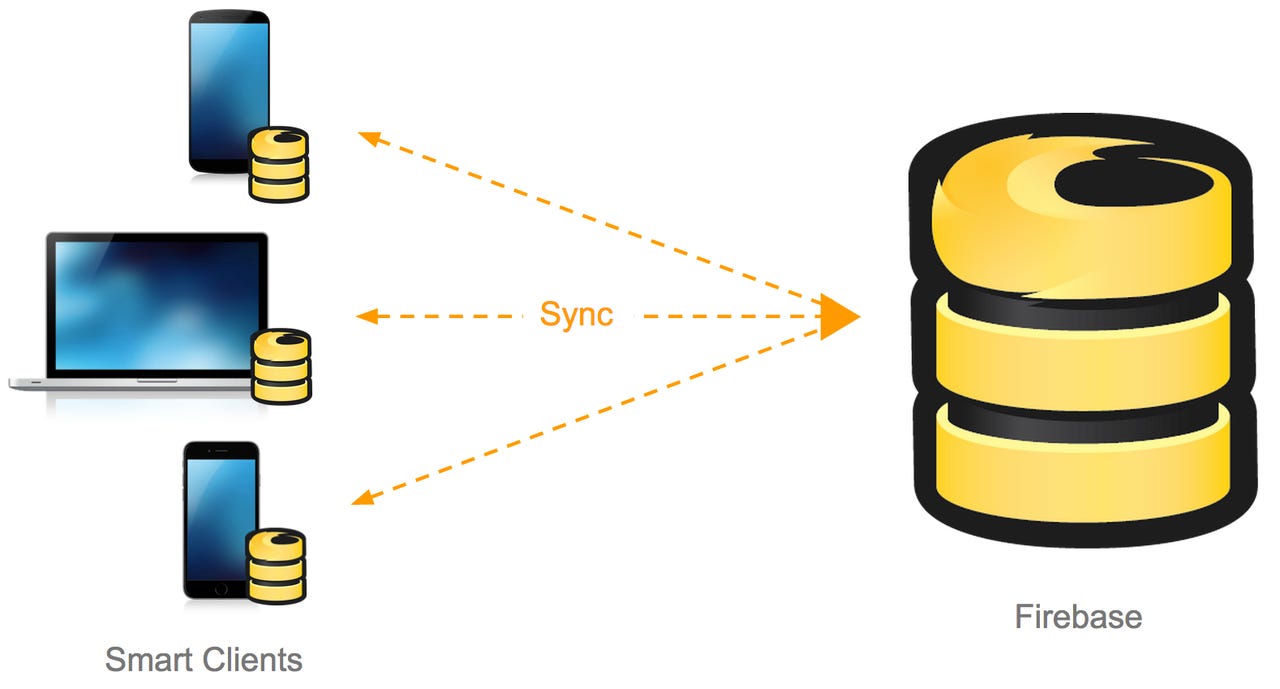Google I/O 2015: Google adds offline mobile support for Firebase


Already near the close of its annual developer expo, Google quietly announced offline mobile support coming to the Firebase mobile app development platform.
Google I/O
When the network link is back up, Firebase will then automatically sync app data to Google Cloud Platform.
"Contrast this with the RESTful model where a developer trying to create a seamless offline experience might send a request to the server blindly, realize via timeout or error code that something went wrong, then devise a retry mechanism such as polling," suggested Andy Tzou, product marketing manager for Google Cloud Platform, in a blog post on Friday. "Add to this the prospect of having to keep application data in sync across diverse clients from mobile web browsers, desktop browsers, Android, to iOS, and the complexity for developers escalates quickly."
The Internet giant acquired API maker Firebase in October 2014 for an undisclosed sum.
Founded in 2011 in San Francisco, Firebase set itself up to help developers build collaborative mobile and web apps through an API storing and syncing data in real-time.
Google has trickled out a few bits of cloud and IT developer news over the two-day course of I/O 2015.
On Thursday, Google unveiled Project Brillo, the Android-based underlying operating system architected for the Internet of Things movement.
Google also introduced Cloud Test Lab, a platform and simulator of sorts built on the Appurify acquisition for testing Android apps and features on devices not physically available to them.
After some time in the spotlight at Google I/O last year, Google Cloud Messaging has grown to see more than 70 billion messages sent daily, involving more than 600,000 apps.
Thus, Google Cloud Messaging is growing its reach from just Android and Chrome to iOS as well.